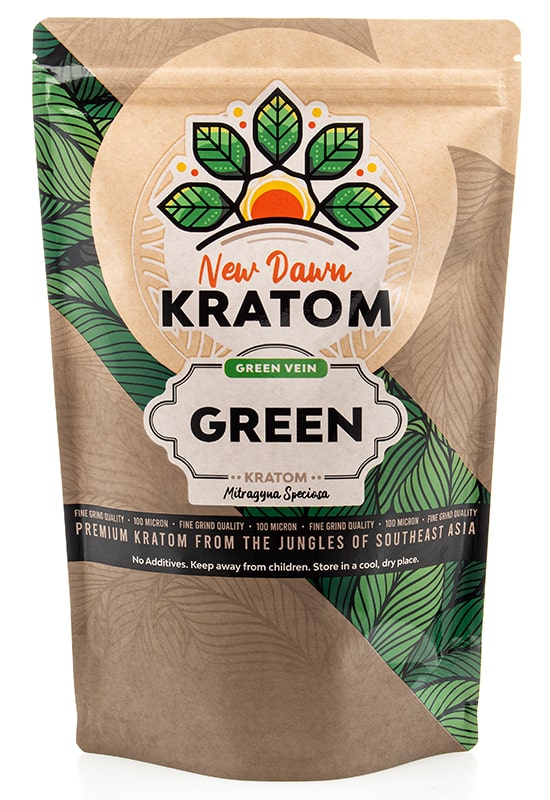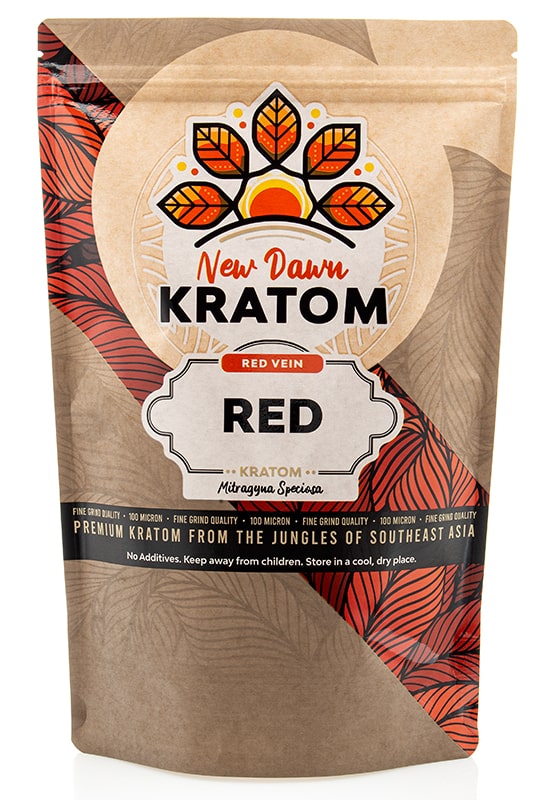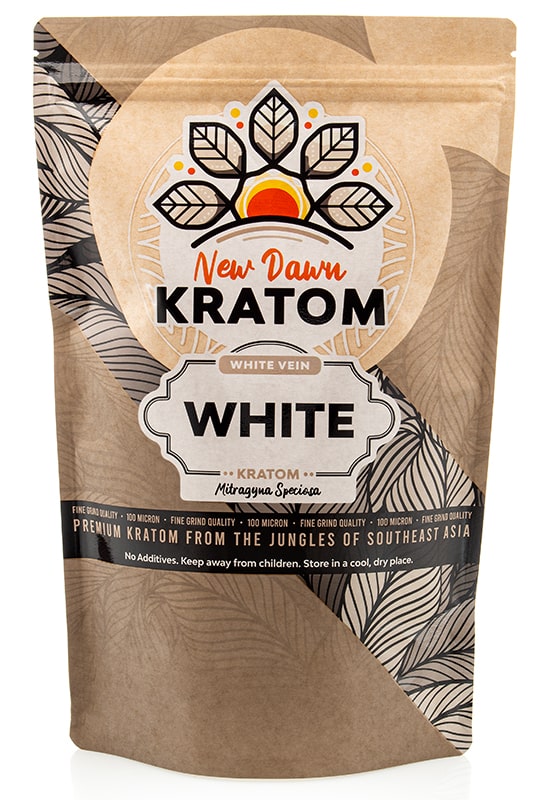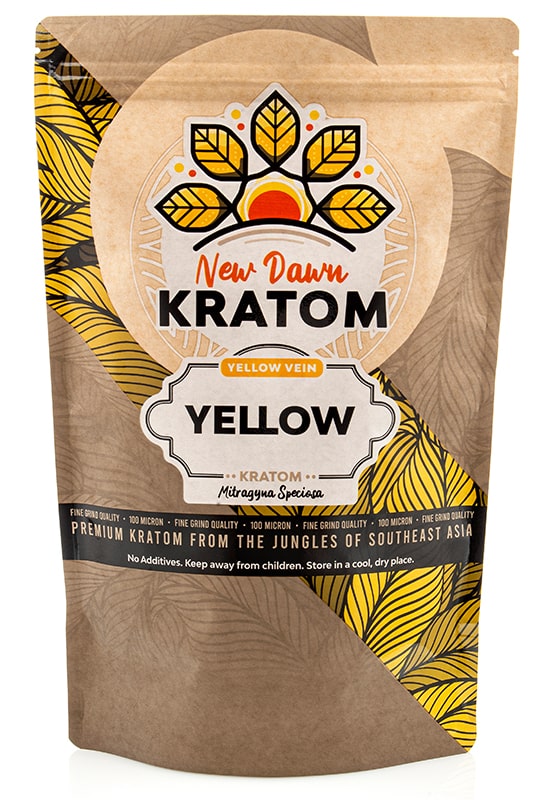Kratom has always been the topic of controversy, especially when it comes to legality and regulation across the U.S., and Montana is no exception to this – known for its lush sceneries and independent spirit.
With numerous legislative battles and advocacy efforts on both the Federal and State levels, kratom enthusiasts and users would be pleased to know that kratom remains legal in Montana. Read on to learn about the past legislative history regarding kratom in Montana by looking at the impact of various proposed legislative and regulatory actions in the Treasure State.
Current Legal Status in Montana (2024)
- Kratom is Currently Legal – Kratom is unregulated and unrestricted in Montana as of April 2024.
A Past Proposal to Make Kratom Illegal (2023)
K. Zolnikov attempted to revise Montana’s drug laws through House Bill No. 437, drafted on January 18, 2023, and introduced to the House on February 7. The Judiciary Committee received news about the proposed kratom ban bill on February 16 and gained House approval by February 23rd. After this, the Senate got the proposal, which underwent further amendment and scrutiny.
On April 17, House Bill No. 437 received significant development, and a conference committee appointment was scheduled for April 24 to resolve the differences between the Senate and House versions. Ultimately and fortunately, kratom was removed from the list of Schedule I Controlled Substances due to pushback from Montana residents, and the legislative chambers approved the bill’s final version by May 2 of the same year with kratom removed from the bill.
Finally, the Governor signed the bill into law on May 22, 2023, officially excluding Kratom from being classified as a controlled substance and remaining legal and accessible to Montanans. If the bill had passed, kratom would have been made illegal in Montana, carrying the harshest of criminal penalties for illegal substances.
In Favor of Kratom Regulation
There was an amendment suggesting an immediate prohibition of kratom introduced to the Senate while discussions around House Bill 437 were still ongoing. The reason behind this is because of the concerns raised by the FDA regarding the product’s risk for abuse and adverse effects. Fortunately, the House rejected the amendment, which then led to debates revolving around proper kratom regulation without the need to ban its use.
State Representative Katie Zolnikov of Billings, one of the bill’s sponsors, was also one of the advocates who appeared open to a regulatory approach for kratom. Instead, she said she was open to discussion about regulation and suggested various measures for proper kratom management, such as setting age restrictions and promoting quality control, which could tick those boxes. The goal of any kratom regulation is to prioritize consumer safety while protecting legal access for consumers.
All About the Kratom Consumer Protection Act
The Kratom Consumer Protection Act, or the KCPA, is a state-by-state approach that regulates kratom use, sale, and distribution to encourage more consumer safety while maintaining kratom’s legal accessibility. This includes setting a minimum age to purchase kratom, product labeling guidelines, banning adulterated kratom, and, in some cases, restricting alkaloid concentrations.
Today, 11 US states have adopted versions of the Kratom Consumer Protection Act and modified them according to their needs and preferences. A discussion about a Federal KCPA is in the works to provide uniform regulatory standards for kratom on the Federal level. This bill, if passed, may help streamline kratom’s legal landscape.
Here are the most essential elements that should be part of the KCPA, regardless of its variations in different states:
- Age Limitations: Most KCPA versions have restricted kratom sales to individuals between the ages of 18 and 21.
- Labeling Requirements: Another aspect of the KCPA is requiring all kratom products to have proper labels with listed ingredients and concentrations. This helps consumers stay informed about what they are purchasing.
- Contaminated Products: Contaminated and adulterated kratom products are banned from the market under the KCPA. Some bills also ban synthetic kratom alkaloids.
- Regulating Alkaloid Content: Some versions of the KCPA set limits on the alkaloid content of kratom products, explicitly targeting unnaturally high levels of mitragynine and 7-hydroxymitragynine.
States that Have Passed KCPA’s
| Region | Legislation Number | Date Implemented | Bill Information |
|---|---|---|---|
| Oregon | HB 2646 | 2021 | View Bill |
| Nevada | AB 303 | 2020 | View Bill |
| Utah | SB 58 | 2019 | View Bill |
| Arizona | HB 2561 | April 2019 | View Bill |
| Colorado | SB22-120 | July 2023 | View Bill |
| Oklahoma | HB 1784 | May 2022 | View Bill |
| Texas | SB 497 | Sept 1st 2023 | View Bill |
| Georgia | HB 551 | April 26th 2019 | View Bill |
| Florida | HB 179 | July 1st 2023 | View Bill |
| West Virginia | Sb 220 | May 1st, 2023 | View Bill |
| Virginia | SB 1108 | July 1st 2023 | View Bill |
States That Have Banned Kratom
| State | Status | Bill Name | Link to Bill | Effective Date |
|---|---|---|---|---|
| Alabama | Illegal | Senate Bill 226 | View Bill | 2016 |
| Arkansas | Illegal | — | View Law | 2016 |
| Indiana | Illegal | SB 0305 | View Bill | 2014 |
| Rhode Island | Illegal | — | View Ban | 2017 |
| Vermont | Illegal | — | View Regulations | 2016 |
| Wisconsin | Illegal | SB 325 | View Bill | 2014 |
Kratom Advocates’ Role in Montana
The American Kratom Association, or AKA, is the major advocacy group for legally accessible kratom sold through regulations. At the federal level, the AKA educates lawmakers to avoid nationwide bans, focusing on safety and regulations. Statewide, it supports legislation like the Kratom Consumer Protection Act and helps to lobby against bans.
In Montana, the AKA successfully countered House Bill 437 and its attempt to classify kratom as a Schedule I Controlled Substance. The AKA’s efforts highlight its commitment to maintaining kratom access while ensuring consumer safety through regulation, advocacy, and education.
Ultimately, Will Kratom Stay Legal in Montana?
Thanks to the AKA’s support in lobbying against the proposed House Bill 437, it’s highly likely that kratom will remain legal in Montana. With the growing interests leaning toward setting regulations instead of outright bans, kratom enthusiasts may keep using kratom in the state without worry – for now, anyway.
Even though the state appears to favor the regulatory model, the ban bill could come out of nowhere. It is important to stay up to date and join mailing lists like the one through the AKA to stay updated on recent legislative news and events in Montana.








